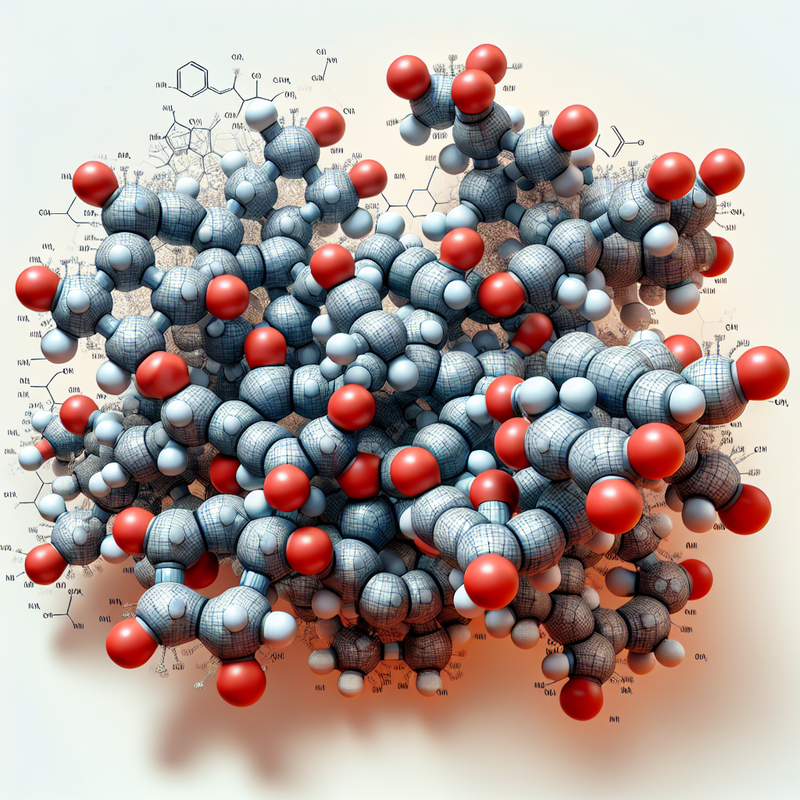Recent studies have directed attention towards a natural compound called Shilajit, which is sourced from the rocks of towering mountain ranges such as the Himalayas.
This focus is on account of Shilajit’s potential advantages pertaining to enhancing cognitive health, particularly as an agent in combatting age-related cognitive ailments. In findings by the International Center for Biomedicine and the University of Chile published in the International Journal of Alzheimer’s Disease, the active component of Shilajit, fulvic acid, has shown potential in staving off conditions like Alzheimer’s.
Traditionally utilized in Ayurvedic practices, Shilajit’s therapeutic properties alter depending on its geographic origin. While its widespread use in countries like Nepal and India is acknowledged, a form known as Andean Shilajit is also found in Chile. The substance’s chemical structure includes fulvic acid, humic substances, and trace elements such as selenium, which may contribute to its purported antioxidant and anti-inflammatory effects.
Examining Shilajit’s Benefits and Safety Concerns
Research including morphometric analysis on cultured hippocampal cells from rats indicates Shilajit could play a role in boosting cognitive capabilities. “Our research has demonstrated that the Andean Shilajit variant exhibits a significant effect in ameliorating cognitive impairments and may act as a cognitive stimulant in human subjects,” assert the study’s researchers.
However, unpurified Shilajit presents several health risks due to potential contamination. Scientists caution that proper purification is essential before human consumption to prevent heavy metal poisoning and other dangers. There are clinical accounts of lead poisoning after the intake of Ayurvedic remedies, emphasizing the importance of product safety.
Shilajit’s therapeutic uses have led to its inclusion in patents in countries such as India and Nepal, reflecting its commercial significance and utility. Nonetheless, the dearth of comprehensive study records and concrete clinical trials on its immunomodulatory effects on human subjects points to a need for continued research.
The study’s authors endorse the position that for Shilajit to gain wider acceptance outside of its traditional Ayurvedic context, it must be subjected to stringent scientific evaluation at biochemical and cellular levels to overcome cultural barriers. “Recognized as a powerful and safe dietary supplement, Shilajit shows promise primarily in cognitive enhancement and potentially as a preventive supplement for Alzheimer’s disease,” they summarize.
Backing from various domestic and international research projects for the study underscores the collaborative effort necessary to explore the full capabilities of Shilajit.







